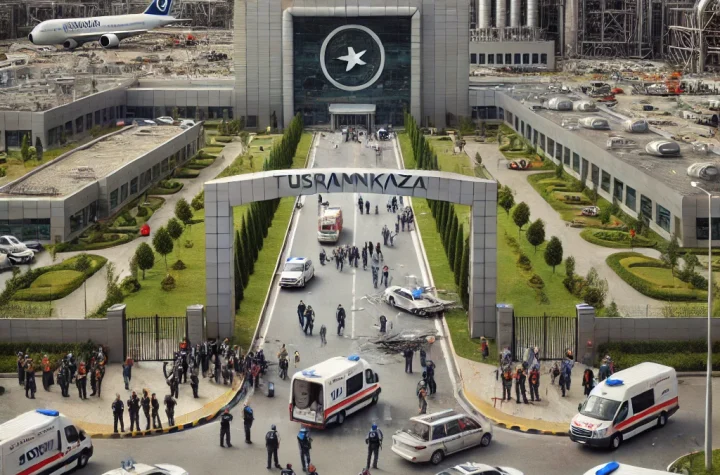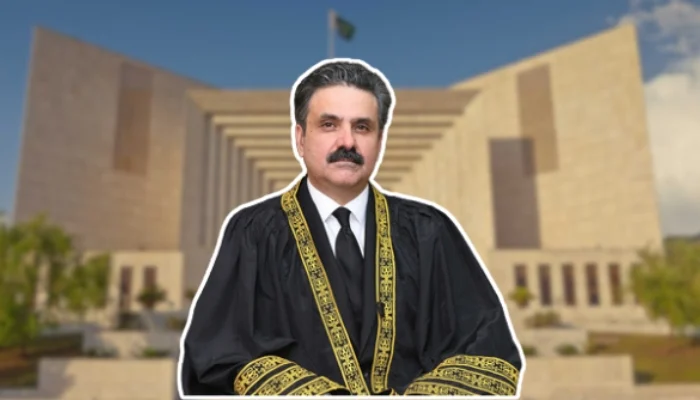
Ireland’s strength lies in its sustained capacity for care and connection.
By Abrar Ahmed
About the Author:
Abrar Ahmed, Kashmiri-born author and human rights advocate, has spent over a decade observing and engaging with immigrant communities in Ireland. A scholar of conflict resolution and cultural integration, he has written extensively on migration, human dignity, and social ethics, combining academic insight with on-the-ground experience.
Ireland, as a nation, carries the weight of history in its collective consciousness. Centuries of colonization, famine, and emigration have left scars, but they have also cultivated an ethic of empathy toward those who live at the margins. Today, Ireland hosts nearly a million immigrants, many of whom contribute actively to the country’s social, economic, and cultural life. The conversation, however, has increasingly been dominated by stories of tension, occasional prejudice, and media sensationalism, which overshadow the enduring ethical and relational practices that define Irish society. To understand Ireland’s reality, one must approach it with historical awareness, philosophical reflection, and narrative sensitivity.
History matters. Ireland’s own experience with displacement and marginalization informs its moral imagination. When Palestinian refugees arrive in Ireland, they find a society that, consciously or unconsciously, resonates with their experiences of exile and loss. Fictionally, in a small village outside Cork, a Palestinian family opens a bakery. Initially, neighbors are cautious, unsure of cultural differences. But over time, they come for bread, pastries, and conversation. Through repeated interactions, trust forms, and the bakery becomes a microcosm of relational ethics in practice. This reflects a philosophical truth: morality is enacted in daily, tangible practice, not abstract principles alone. The Irish ethos, shaped by history, is attentive to suffering, capable of empathy, and open to integration.
Social structures also illuminate Ireland’s capacity for ethical engagement. Imagine an immigrant support center in Dublin, staffed by volunteers from diverse backgrounds. Among them, Irish volunteers mentor newcomers on legal processes, employment pathways, and cultural adaptation. One fictional Palestinian youth, Rania, initially hesitant and withdrawn, finds confidence through this sustained support. She eventually mentors newer arrivals, extending the ethical cycle. Structurally embedded care is a sign of ethical maturity: the society recognizes responsibility not as isolated charity, but as ongoing relational commitment.
Ireland’s philosophical culture, particularly its literary and artistic tradition, shapes moral reflection. Fictionally, a Palestinian poet collaborates with Irish writers to produce a collection reflecting exile, longing, and identity. Through poetry readings in community halls, audiences encounter unfamiliar lives and histories, cultivating empathy and moral reflection. Philosophy teaches that ethical awareness grows through imaginative engagement. By feeling and thinking through others’ experiences, communities expand the moral sphere of concern. Ireland’s ethical life is thus as much aesthetic as practical—nurtured through creative, relational imagination.
Even small acts reveal deeper moral currents. In Limerick, a Palestinian child struggles with mathematics. Declan, an Irish retiree, volunteers to tutor him weekly. Over time, the child gains academic confidence, but more importantly, he internalizes relational ethics: trust, patience, and responsibility. Ethics, at its core, is relational and generative. Ireland’s social cohesion thrives on these cumulative micro-acts of attention and care, which are far more pervasive than occasional incidents of prejudice.
Education serves as another vital vector of ethical cultivation. Schools that integrate immigrant narratives alongside local history teach children to view diversity as a moral opportunity, not a threat. Fictionally, a school in Galway introduces a project comparing Irish migration in the 19th century with contemporary refugee experiences. Students explore empathy, resilience, and justice, while recognizing shared human patterns across time. Moral imagination is nurtured in these formative encounters, reinforcing relational ethics and long-term social integration.
Critics who declare Ireland “racist” miss the broader ethical context. Isolated incidents exist, as they do in every society, but the majority of interactions—personal mentorship, collaborative projects, neighborhood support, and cultural festivals—reflect sustained moral life. Philosophy reminds us that ethical societies are measured not by isolated failures but by consistent practice: relational attention, generosity, and cultivation of belonging. Ireland exemplifies this through ongoing networks of care, integration initiatives, and cultural engagement.
Historical awareness also shapes ethical engagement. Fictionally, a Palestinian refugee learns about Ireland’s struggle for independence, famine, and emigration. The stories resonate deeply, creating empathy and mutual understanding. Ethics is historically grounded: understanding others’ suffering across time enables responsible action in the present. Ireland’s capacity to empathize with newcomers is strengthened by its historical consciousness, a moral inheritance passed through culture, education, and storytelling.
Communal spaces, festivals, and shared rituals further cultivate moral imagination. Fictionally, in Belfast, Irish and Palestinian families organize a music and storytelling festival celebrating shared resilience and cultural exchange. Children form friendships, adults engage in dialogue, and collective memory is honored. Ethics is relational, cultivated in spaces where cooperation, recognition, and shared practice flourish. These everyday relational acts—quiet, cumulative, and often invisible—constitute Ireland’s moral backbone.
Even adversity can catalyze ethical growth. A Palestinian teenager experiences harassment but finds support from local neighbors, mentors, and peers. Over time, he becomes a community advocate, mentoring others and amplifying ethical practice. Virtue, as philosophy teaches, is generative: one act of care leads to networks of moral cultivation. Ireland’s society, structured and cultural, allows such cycles to emerge, sustaining ethical life even amid challenge.
From a Kashmiri-born human rights perspective, Ireland offers both inspiration and reflection. The country demonstrates that relational ethics, cultural imagination, and historical consciousness are more significant markers of moral society than sensational headlines. Hosting nearly a million immigrants, Ireland integrates newcomers not through coercion but through sustained care, mentorship, and relational engagement. Fictional narratives—from collaborative art projects to mentoring and communal festivals—reflect patterns of ethical practice that resonate deeply with philosophical principles.
In conclusion, Ireland’s moral landscape cannot be reduced to media narratives of prejudice. Its ethical life emerges in daily practice, historical reflection, and imaginative engagement. Relational care, structural support, artistic collaboration, and educational initiatives form the moral fabric of Irish society. Virtue is cumulative, generative, and relational: ethics is built over time, through repeated acts of attention, trust, and collaboration. Ireland’s story—both lived and imagined—reveals a society capable of empathy, resilience, and relational justice. To understand Ireland is to recognize that its greatest strength lies not in isolated policies or headlines but in sustained moral practice, in the quiet cultivation of ethical life that welcomes, nurtures, and integrates those who arrive at its shores.




More Stories